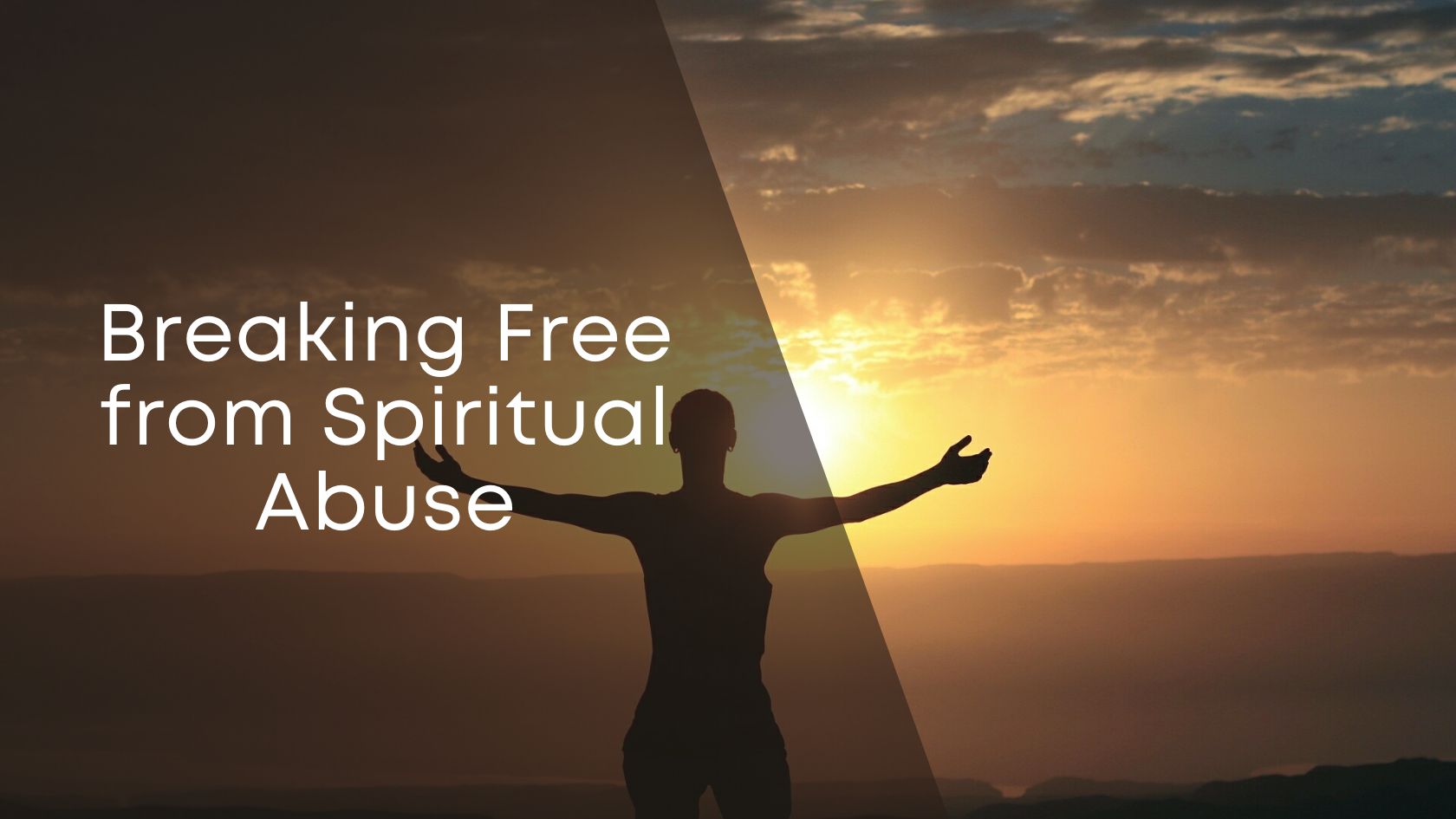The concept of spiritual oppression often remains shrouded in obscurity, inviting inquiry and contemplation: What does it mean to be spiritually oppressed? Moreover, can one delineate the boundaries between spiritual guidance and manipulation? The Bahá’í teachings provide a compelling framework for understanding and ultimately breaking free from spiritual oppression. These teachings, rooted in principles of unity, justice, and the inherent dignity of the individual, challenge us to reflect on our own spiritual journeys and the societal structures that may inhibit our spiritual growth.
To embark on this exploration, one must first comprehend the underlying tenets of Bahá’í philosophy. Central to these beliefs is the concept of the oneness of humanity. This principle asserts that all individuals, irrespective of their backgrounds or beliefs, possess intrinsic worth and a divine purpose. Consequently, spiritual oppression can be defined as any ideology or practice that undermines this foundational principle. It is incumbent upon individuals and communities to self-examine: Are there elements within my spiritual practices that foster division rather than unity?
In grappling with the nuances of spiritual oppression, one encounters another salient question: How can the pursuit of truth be distorted to perpetuate control? The Bahá’í Faith teaches that truth is dynamic and multifaceted, determined by collective exploration rather than dogmatic adherence. Any doctrine that stymies the quest for knowledge and understanding can effectively lead to oppression. In this context, the Bahá’í teachings advocate for a rigorous examination of the sources of one’s beliefs, promoting an environment where questioning is not merely tolerated but encouraged.
As individuals strive to break free from spiritual oppression, the significance of education emerges as a pivotal factor. The empowerment of individuals through knowledge equips them to recognize and resist oppressive structures. The Bahá’í writings espouse the value of education, positing that access to knowledge serves as a catalyst for spiritual and societal transformation. This transformative process involves too, the critical evaluation of traditional norms that may perpetuate inequality and disenfranchisement. Are our educational systems imbued with the ideals of inclusivity and respect for diverse perspectives?
Another critical facet of the Bahá’í teachings is the emphasis on consultation. This method encourages dialogue that is steeped in respect and aims for consensus rather than domination. The practice of consultation works as a transformative tool to dismantle hierarchical structures that often characterize oppressive spiritual systems. Engaging authentically in consultation allows individuals to voice concerns, share insights, and collaboratively navigate challenges that may stem from oppressive spiritual influences. Could consultation, then, be a path towards healing and liberation from constraints placed upon our spiritual selves?
Furthermore, the Bahá’í teachings underscore the importance of character development as a means to resist oppression. The cultivation of virtues such as compassion, humility, and resilience not only fortifies one’s spiritual foundation but also empowers individuals to address collective injustices. This internal fortification fosters a spirit of service and altruism, which stands in stark contrast to the self-serving tendencies often germinated in oppressive environments. How might developing our character redefine our engagements within our spiritual communities?
The path to emancipation from spiritual oppression is not devoid of challenges. One potential obstacle is the fear of exclusion, which can inhibit individuals from voicing dissenting perspectives. In many religious contexts, conformity is often rewarded, while divergence may incite ostracization. The Bahá’í framework challenges this paradigm by promoting the idea that diversity of thought is not merely acceptable but essential to the growth of the community. This leads to an essential conundrum: How do we create spaces that honor both unity and diversity, ensuring that no voice goes unheard?
Moreover, the notion of reliance on divine guidance emerges as a profound antidote to spiritual oppression. Bahá’ís believe in the accessibility of divine wisdom, accessible to all who earnestly seek it. This principle serves as a reminder that the ultimate authority in spiritual matters lies within each individual and their direct connection to the divine. However, this autonomy necessitates discernment; the journey towards personal revelation must be undertaken with sincerity and responsibility. How do we cultivate an environment that not only honors individual spiritual autonomy but also nurtures communal responsibility?
In conclusion, breaking free from spiritual oppression demands a concerted effort, informed by the Bahá’í teachings that advocate for unity, education, consultation, character development, and reliance on divine guidance. The challenge posed to individuals and communities is to engage in a continual dialogue that embraces the diversity of thought while remaining anchored in shared values. As one navigates these complex landscapes, the aspiration remains clear: to foster environments that are not only free from oppression but imbued with the principles of love, justice, and empowerment for all.
